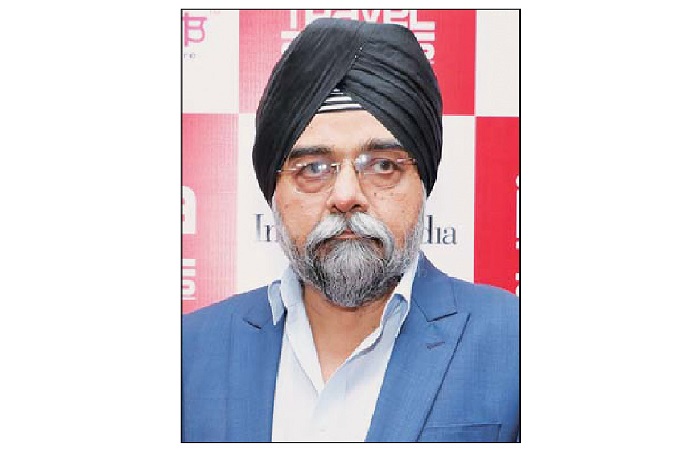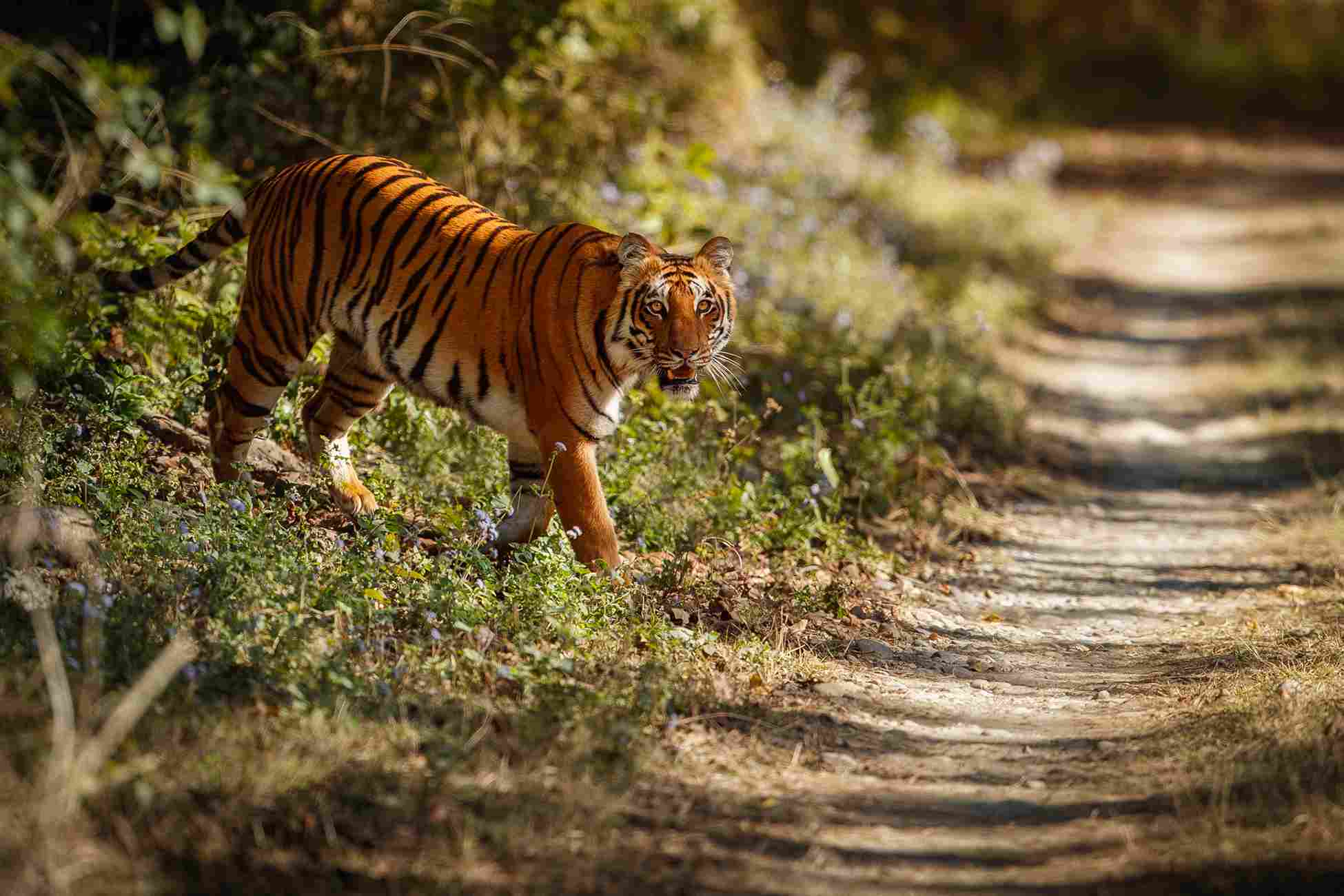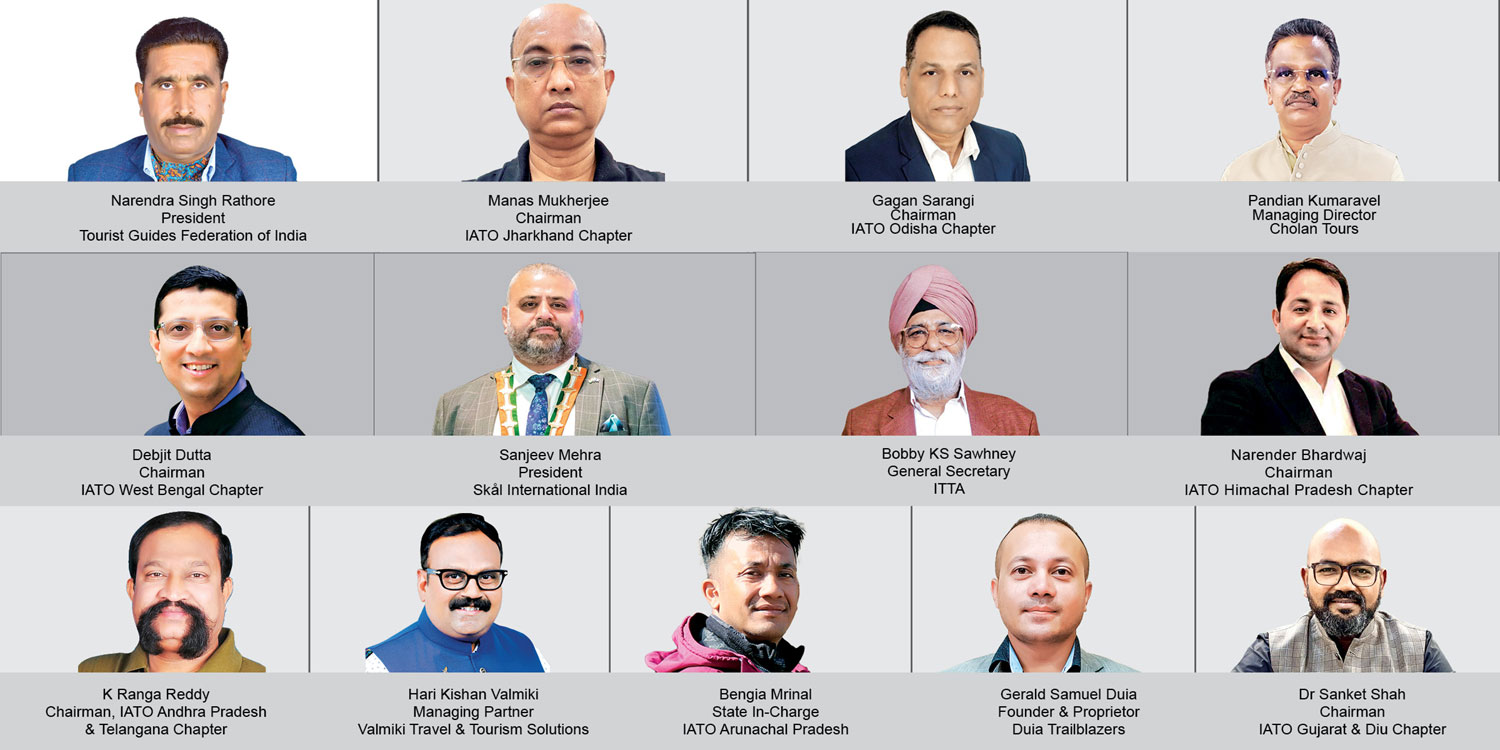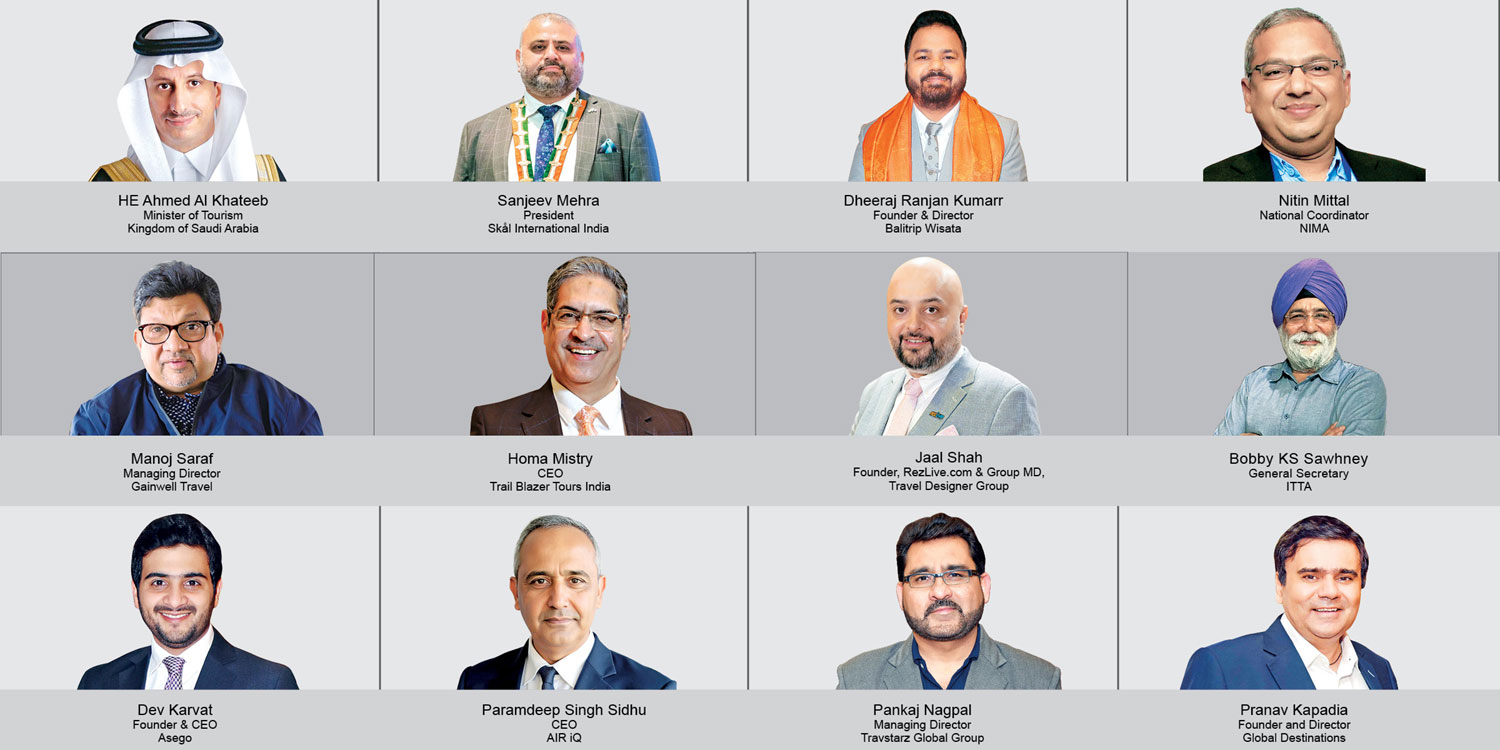Sarab Jit Singh, Managing Director, Travelite (India), believes that while reduction in GST on hotels may be a move for the better, India continues to be a costly destination because of air ticket prices, high interstate taxes, etc.
The government aims to achieve a $5 trillion economy by 2025. We, in the inbound tourism sector, believe that international tourism can play a major role in this endeavour by achieving $50 billion in foreign exchange earnings and opening opportunities for millions of jobs across India. Although there has been a steady growth, to achieve faster results, we need to change our approach. Slow decision- making and implementation have impacted the growth of the sector. The government, recognising the importance of M!CE, announced construction of two mega convention centres in Union Budget 2004. These are expected to be ready in a couple of years.
Tourism exports are highly taxed, contrary to merchandise exports, which is exempted from all taxes
Considering tourism as a privileged sector is a misconception. Tourism exports are highly taxed, contrary to merchandise exports, which is exempted from all taxes. Recent policy initiatives are very progressive, making e-Visa tourist friendly and bringing GST applicable on high-end hotels from 28 per cent to 18 per cent. However, steps taken on piecemeal basis may not give desired results, unless accompanied by aggressive promotions across all source markets. Faster and wider dissemination of such information is the key. Indian tour operators face additional challenges, apart from lack of infrastructure for hotels and airports, a five per cent GST has also to be charged by them on the gross tour cost that is inclusive of hotels, transport, air tickets, restaurant and other services, which are already tax-paid. Owing to this, India loses a large chunk of business to other destinations. In certain cases, foreign tour operators book directly, bypassing Indian tour operators. A large number of jobs have been lost in the past couple of years, further impacting the future of this segment. The government must reconsider this position and impose least possible GST only on service charges collected by tour operators. In addition, high interstate taxes and toll charges are collected from tourists. Several models of high-end vehicles that are asked for by high-end tourists are not available, and need to be imported. And, import of vehicles under EPCG is banned. Promotion of a destination is the responsibility of the government, where private players can join in.
 TravTalk India Online Magazine
TravTalk India Online Magazine





